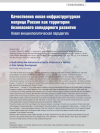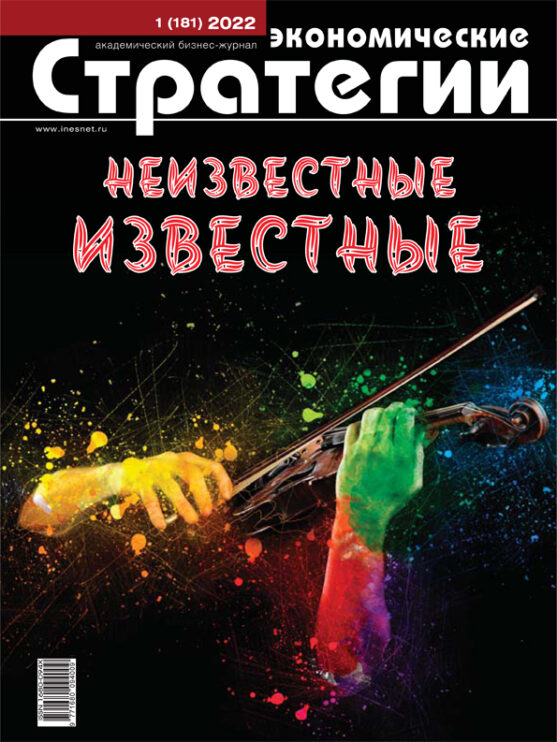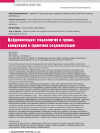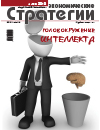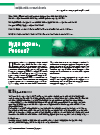A Qualitatively New Infrastructural Matrix of Russia as a Territory of Safe Solidary Development. New foreign policy paradigm
DOI: https://doi.org/10.33917/es-6.186.2022.52-65
“The world will never be the same again,” says the overwhelming majority of socially active Russians, referring to the “old world” as the planetary community until February 24, 2022. At the same time, the most rapid, cardinal, unmistakably projected transformations are announced as crucial tasks for Russia all Russian life support systems and accelerated modernization. The most important of them, according to the authors of the article, is the logistics project proposed in 2006 by Academicians of the Russian Academy of Sciences V.A. Sadovnichim and G.V. Osipov, which in the new edition is presented in the article as “United Eurasia – Transsib 2.0”. It is based on the concept of the spatial economy, which is made up of transnational megaprojects that have been successfully implemented over the past 70 years.
“United Eurasia — Transsib 2.0” at the initial stage is intended to overcome the attempts of Europe and the United States to implement a transport blockade of the Russian Federation. Such a blockade could hinder the development of our country, which would lead to a decrease in the living standards of the population and, as Russia’s enemies suggest, corrosion of national unity and consolidation of the masses with power structures after the start of the military operation to liberate Donbass. In the future, after the successful solution of the Russian transport problems proper, the proposed logistics project can successfully develop as a transcontinental one, linking different regions of the world along new economically and politically promising vectors and directions. In particular, we can talk about pairing with the Chinese logistics corridor “Silk Road”, to counter which at the June G7 summit in South Bavaria, the countries of the “golden billion” proposed to allocate unprecedented investments of 0 billion.
The article contains a list of the main threats to the Russian Federation, consisting of 10 points, and a summary of their prompt relief with subsequent complete elimination. The technology for the implementation of the megaproject “United Eurasia — Transsib 2.0” has been prescribed — along with budgetary financing of the new Transsib, it is planned to attract investments from the regional budgets of those entities through which the proposed route will pass, as well as to co-finance the capital of private investors and issue marketable “Trans-Siberian” loan bonds.
Obviously, after conducting a special military operation in Ukraine, Russia will have to equip its Eurasian space between Europe and East Asia in the shortest possible time in the neighborhood of five civilizations — Christian, Muslim, Hindu, Shinto and Buddhist — so that it can finally become a territory of safe solidarity development.



